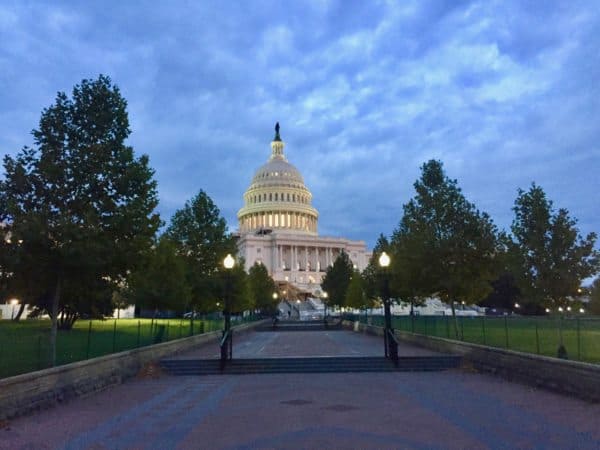
Announced last week, the House Subcommittee on Digital Assets, Financial Technology, and Inclusion has scheduled a hearing on digital assets. The hearing entitled The Future of Digital Assets: Measuring the Regulatory Gaps in the Digital Asset Markets, is a joint hearing with the Agriculture Subcommittee that has oversight over commodities. The hearing posted scheduled witnesses this past weekend, including some interesting names.
Currently scheduled to participate are:
- Andrew Durgee, Head of Republic Crypto, Republic
- Matthew Kulkin; Partner and Chair, Futures and Derivatives Practice, Wilmer Cutler Pickering Hale and Dorr LLP; former Director, CFTC Division of Swap Dealer and Intermediary Oversight
- Marco Santori, Chief Legal Officer, Kraken Digital Asset Exchange
- Daniel Schoenberger, Chief Legal Officer, Web3 Foundation
Republic Crypto is, of course, part of Republic, one of the largest securities crowdfunding platforms in the world. Republic is a full-stack private securities issuer in the US with an expanding global presence in Europe (Seedrs) and Asia. It is obvious that Republic wants to extend this global presence into digital assets – aided in Europe by the MiCA regulation, which was recently approved by the EU.
Kraken is a US-based crypto exchange that is the third largest platform by trading volume in the world after Binance and Coinbase (NASDAQ:COIN).
The hearing memo keys up the discussion:
“Generally, the SEC and CFTC have attempted to resolve the legal question of whether a digital asset is a security or a commodity through enforcement actions. However, the agencies have not always agreed on which digital assets are considered securities and which digital assets are considered commodities. For example, last month, the CFTC brought an enforcement action against the trading platform Binance, asserting Binance’s BUSD stablecoin is a commodity. Separately, the SEC asserts the same stablecoin is a security in its investigation of another digital asset firm. Furthermore, in its complaint, the CFTC refers to Bitcoin, Ether, and Litecoin as commodities. In contrast, [SEC] Chair Gensler has stated that he considers all digital assets other than Bitcoin to be securities. These conflicting positions demonstrate the necessity and urgency of congressional action.”
The memo reviews the Howey Test – the determining as to whether or not an asset is a security. The Howey Test indicates an asset is a security if fulfills all for aspects as follows: 1) an investment of money; 2) in a common enterprise; 3) with the expectation of profits; 4) derived from the efforts of others. Inconsistent application of the law has been a challenge both at the federal and state level. There are contradictions between state and federal regulators, notes the memo, pointing to the example of the New York State Attorney General asserting that Ether is a security, while the CFTC states that Ether is a commodity.
The document states that regulatory clarity for digital assets has been difficult, and there needs to be a consistent framework.
Currently, there is a single piece of legislation associated with the hearing, the Resolution Expressing Support for Blockchain Technology and Digital Assets.
The resolution states that:
“…while the Commodity Futures Trading 8 Commission has existing enforcement authority over digital commodity spot market transactions, neither the Commodity Futures Trading Commission nor the Securities and Exchange Commission has direct regulatory authority over intermediaries in the non security digital asset, or digital commodity, spot market…”
The language only declares that Congress must create a framework for digital assets and determine the oversight rules.
The hearing will take place on Wednesday, May 10, 2023, at 9:30 AM ET and will be live-streamed on the Committee website.

